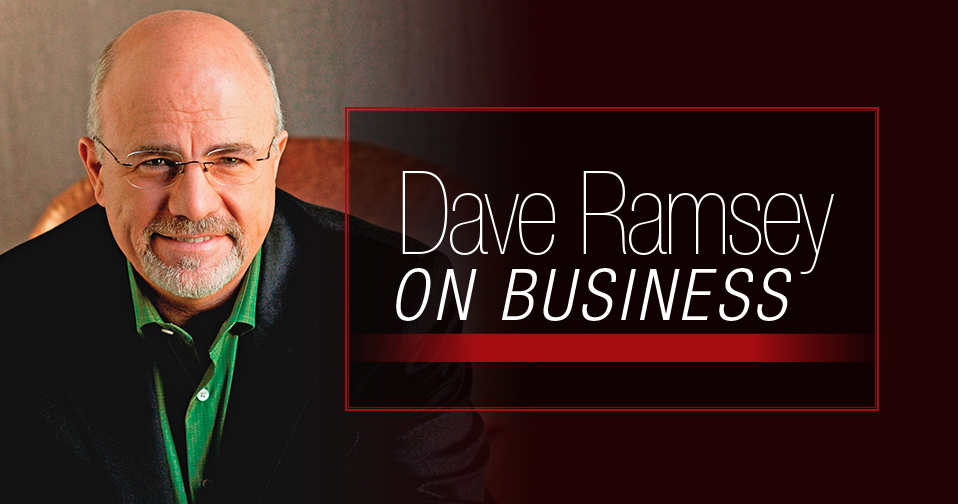Working Women with Diane Paddison

Over the course of the past year, we heard a lot about the things that working women, and especially mothers, “can’t” do. We can’t “have it all,” according to Professor Ann Marie Slaughter and the Atlantic. Many other publications (including the Economist and the New York Times) confirmed that we can’t advance at work or earn salaries on par with our male peers. And political candidates courting votes shouted about the plight of women workers, touching on everything from healthcare to daycare.
Yet for all the hand-wringing over how women can’t get ahead, it seems that many women are quietly doing just that. In April of last year, Facebook COO and mother of two Sheryl Sandberg announced that for years she has been leaving work every day at 5:30 for dinner with her family. In July, Marissa Mayer made headlines when, seven months pregnant with her first child, she stepped in as CEO of Yahoo!
In 1997 I was a single mom of two in the male-dominated commercial real estate industry. I wasn’t out to change the world; I just wanted to try to find a way to gracefully balance my faith, family and career. Since then, I’ve remarried, raised four kids, risen to executive suites in three Fortune 500 Companies, started a ministry group for Christian women professionals, and written a book for them. That’s not to say it was easy or painless. During those years, I also experienced the anguish of parenting a rebellious teenage son, struggled with feelings of isolation at church, and lost my job when I refused to relocate for work.
Yes, work and family are a tough balance. And there are plenty of statistics and advocates calling attention to where women still lag behind men in the workplace. But though it’s hard, and though women may struggle, the reality is that we’re doing it.
It’s easy to focus on high profile cases like Marissa Mayer and Sheryl Sandberg, but you don’t have to be a pregnant CEO to “have it all.” In fact, the prospects for women in the workplace depend very little on the fate of Mayer or Sandberg individually. Far more important are the 70 percent of mothers with children under 18 who—according to the Bureau of Labor Statistics—go to work daily. Hundreds of thousands of store clerks, teachers, doctors, lawyers, and accountants are finding ways to care for their families, and for themselves, while using their God-given gifts in the workplace. These women are breaking barriers, defying stereotypes and, slowly but surely, effecting change.
The U.S. Census Bureau reports that women today are more likely than men to gain college and advanced degrees. According to the book The End of Men, by Hanna Rosin, women dominate 13 of the 15 job categories projected to grow the most over the next decade, and women hold 51.4 percent of managerial and professional jobs. They make up 54 percent of all accountants and hold about half of all banking and insurance jobs. About a third of America’s physicians are women, as are 45 percent of associates in law firms—and both percentages are rising fast. Female CEOs, still relatively rare, nevertheless out-earned their male counterparts in 2009 by an average 43 percent, and received bigger raises.
Women certainly still face challenges in the work place. But it’s time to stop approaching these issues with our heads down and start seeing ourselves as champions of progress, rather than victims.
"These things that “women want” in the workplace, they’re good things. We’re not looking for favors or handouts."Diane Paddison
Increased worker flexibility and autonomy, better family leave and equal access to mentoring and sponsorship networks all benefit men, women and the companies they work for. According to a 2011 study by Catalyst Research Center, companies with three or more women directors (sustained over at least four of five years) significantly outperform those with no female board representation. The more diverse companies boasted an 84 percent higher return on sales, 60 percent higher returns on invested capital, and 46 percent higher returns on equity. Indiscriminately adding females to a corporate board is no magic ticket; but the Catalyst study shows that the kinds of companies equalizing men and women’s potential to advance are the kinds of companies best suited to succeed in our changing marketplace.
I won’t sugarcoat the challenges for women in the U.S. workforce, but while debate rages, most women I know have no time to agonize over the working world’s gender inequities.
We’re too busy changing them.

By: Diane Paddison
Diane Paddison is the author of Work, Love, Pray, and the founder of 4word, a ministry for professional Christian women (www.4wordwomen.org). She has served in the executive suite of three Fortune 500 companies. She is married to Chris and mother to four, and is passionate about leading, connecting, and supporting professional Christian women as they balance work, relationships, and faith.
Read More Articles by Diane Paddison





